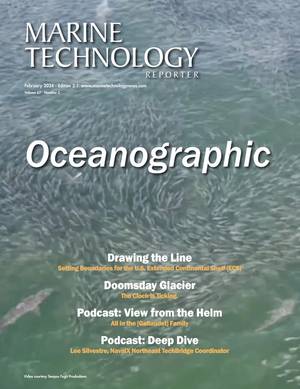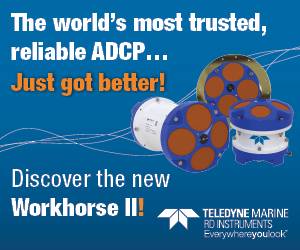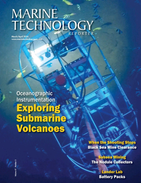New lab studies microplastics consumed by aquatic organisms
The micro-beads and micro-scrubbers found in skincare products may be ending up in the belly of small marine organisms. An Assistant Professor of Chemistry at Texas A&M University-Corpus Christi, Dr. Jeremy L. Conkle’s new water quality lab focuses on understanding this emerging issue.
“I’ve read that some personal care products, such as face wash and toothpaste, can have 300,000 micro-beads in a single tube,” Conkle said. “Another source of microplastics is our clothes. Clothes made from synthetic materials shed fibers in the washing machine, where they enter our waste stream.”
The plastics from clothes and personal care products then go down drains, and because most float, are not removed during wastewater treatment. The microplastics are then discharged into surface waters where they can become food for aquatic organisms.
Research in the new Coastal Health and Water Quality (C-HaWQ) lab will explore microplastics as a source of toxins ingested by marine organisms. These microplastics, which are less than five millimeters in diameter, eventually float into coastal environments where they are easily mistaken for food by organisms from the tiniest plankton to top predators. Researchers are just beginning to explore the contaminants microplastics carry and Conkle hopes to shed light in this emerging field of water quality.
“Very little research has explored the sources and impacts of marine microplastics on coastal ecosystems and their economically important fisheries,” he said. “In the future, the C-HaWQ lab will examine the presence and impacts of microplastics within the northern Gulf of Mexico, but also focus on our local coastal bays.
Conkle plans to recruit Ph.D. and Master’s level students for the fall 2015 semester to assist with the lab’s rigorous research agenda. He earned his Ph.D. from Louisiana State University in Oceanography and Coastal Sciences. His dissertation research focused on the treatment of pharmaceuticals in Louisiana wastewater treatment plant.
“My major research interest is to understand how humans are affecting water quality and ecosystem health,” Conkle said. “I want to develop our understanding of the presence and impacts of microplastics in the Gulf of Mexico.”

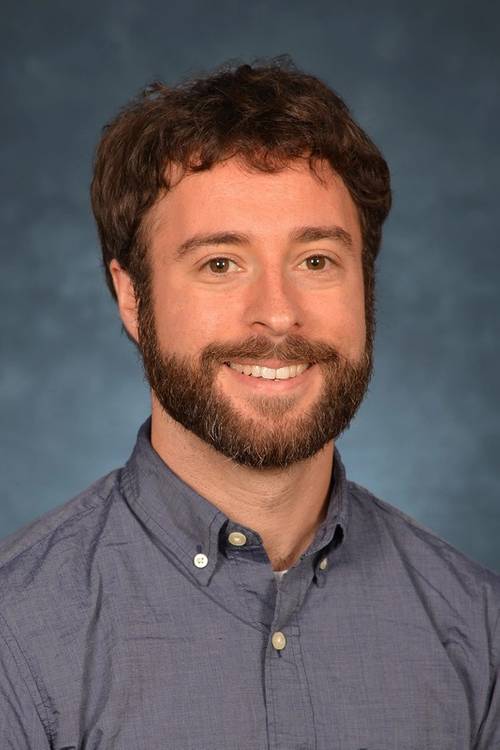
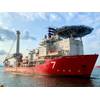

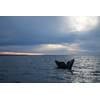
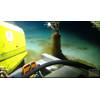
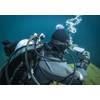








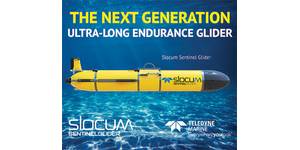
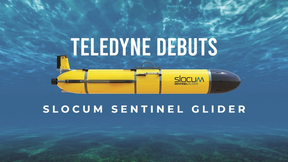
 February 2024
February 2024
